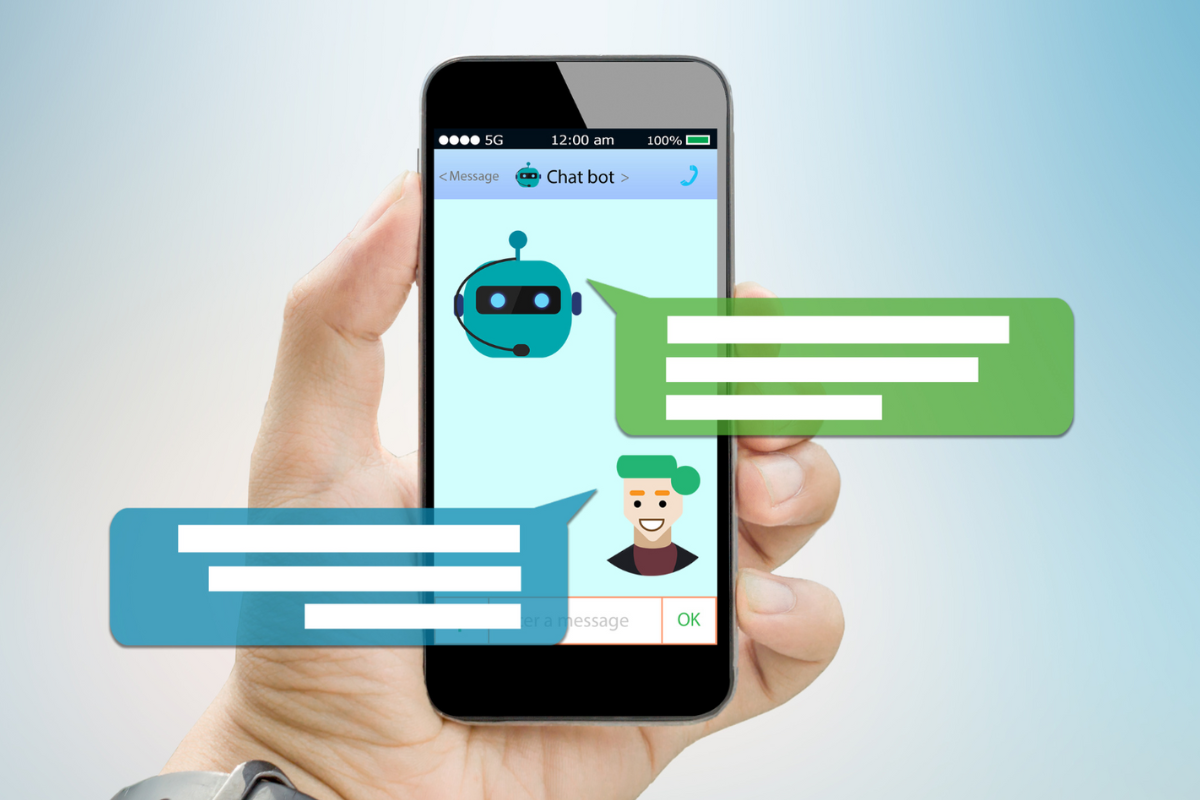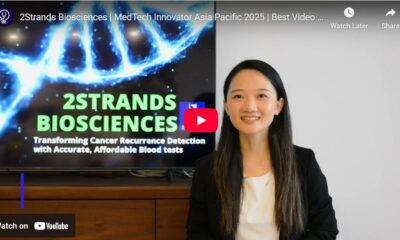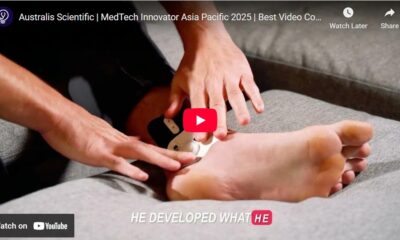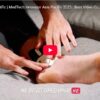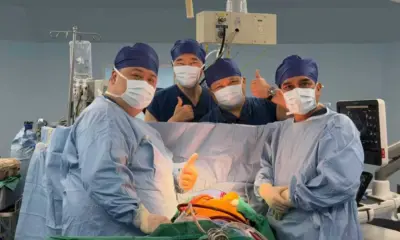Artificial intelligence (AI) has been making waves in various industries, and healthcare is no exception. The advent of advanced natural language processing models, such as OpenAI’s ChatGPT, Microsoft Bing, Google Bard – just to name a few – has opened up a new wave of information-gathering methods through AI chatbots. ChatGPT took the world by storm when it was publicly released on November 2022. Its immense popularity and ease of use prompted serious discussions about whether AI is ready to serve mankind with its highly advanced capabilities.
In this article, we explore the potential benefits of using AI chatbots for health diagnosis and the challenges associated with implementing AI in the healthcare industry.
Using AI chatbots for health diagnosis is not recommended
Compared to consulting a real human doctor, using AI chatbots to get a medical diagnosis of our health condition seems quicker, cheaper and more convenient right? Plus, it can answer almost anything you ask within seconds.
After all, AI chatbots are heavily trained on a vast amount of data and that sharpens their ability to provide better answers through machine learning, right? However, experts had warned that it is generally not a good idea to use AI chatbots to address our health concerns or to substitute them for proper medical advice even though they can provide valuable insights and information at a snap of a finger.
There are several reasons why relying solely on AI chatbots for personal health diagnosis may not be safe and even dangerous:
- Potential for Misinterpretation: In general, AI chatbots have limitations and can sometimes misinterpret or provide inaccurate information based on the input it receives. It may not always understand the nuances of the questions posed or be able to provide appropriate responses, leading to potential misdiagnosis or medical misinformation.
- Limited Contextual Understanding: While AI chatbots can process and analyse large amounts of information, they may still lack the contextual understanding required for accurate diagnosis. Human healthcare providers possess the ability to consider multiple factors such as personal and family medical history, lifestyle, and environmental factors, which can greatly influence a diagnosis. AI models may not fully grasp the complexity of these contextual elements.
- Lack of Physical Examination: AI models like ChatGPT primarily rely on text-based information and do not have the capability to physically examine patients through other human senses. Physical examination is a crucial aspect of healthcare diagnosis, as it helps healthcare professionals identify signs, symptoms, and physical abnormalities that may not be evident through an online conversation alone.
- Legal and Ethical Complications: Healthcare professionals are bound by legal and ethical obligations to ensure patient safety and privacy. Relying solely on an AI model for personal health diagnosis may raise concerns regarding liability, privacy breaches, and the appropriate handling of personal health information – who do we sue if we suffer health complications from the medical misdiagnosis? Do we go after the company that created the AI platform, the internet that provides the information to the AI chatbot or hold ourselves accountable for our own predicament?
While AI chatbots can prove to be a useful tool for gathering general information and educating oneself about certain health conditions, it is crucial to consult qualified healthcare professionals for diagnosis and treatment recommendations that are personalised to our specific conditions. In summary, AI chatbots should be viewed as tools to support healthcare professionals rather than replacements for their expertise. The collaborative interaction between AI and human healthcare providers holds promise for improving healthcare outcomes, but the ultimate responsibility for personal health diagnosis should lie with trained healthcare professionals.
This article was produced solely for the purpose of healthcare and medical knowledge. Not all innovations are available or approved for clinical use. AsiaMD may receive financial or non-financial sponsorship from the companies or institutions involved in these innovations. However, AsiaMD does not endorse any specific product or services in the article, in addition to the Terms and Conditions for the use of our AsiaMD.com website. Please consult your healthcare professional if you need more information.

